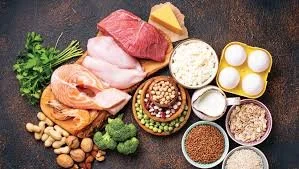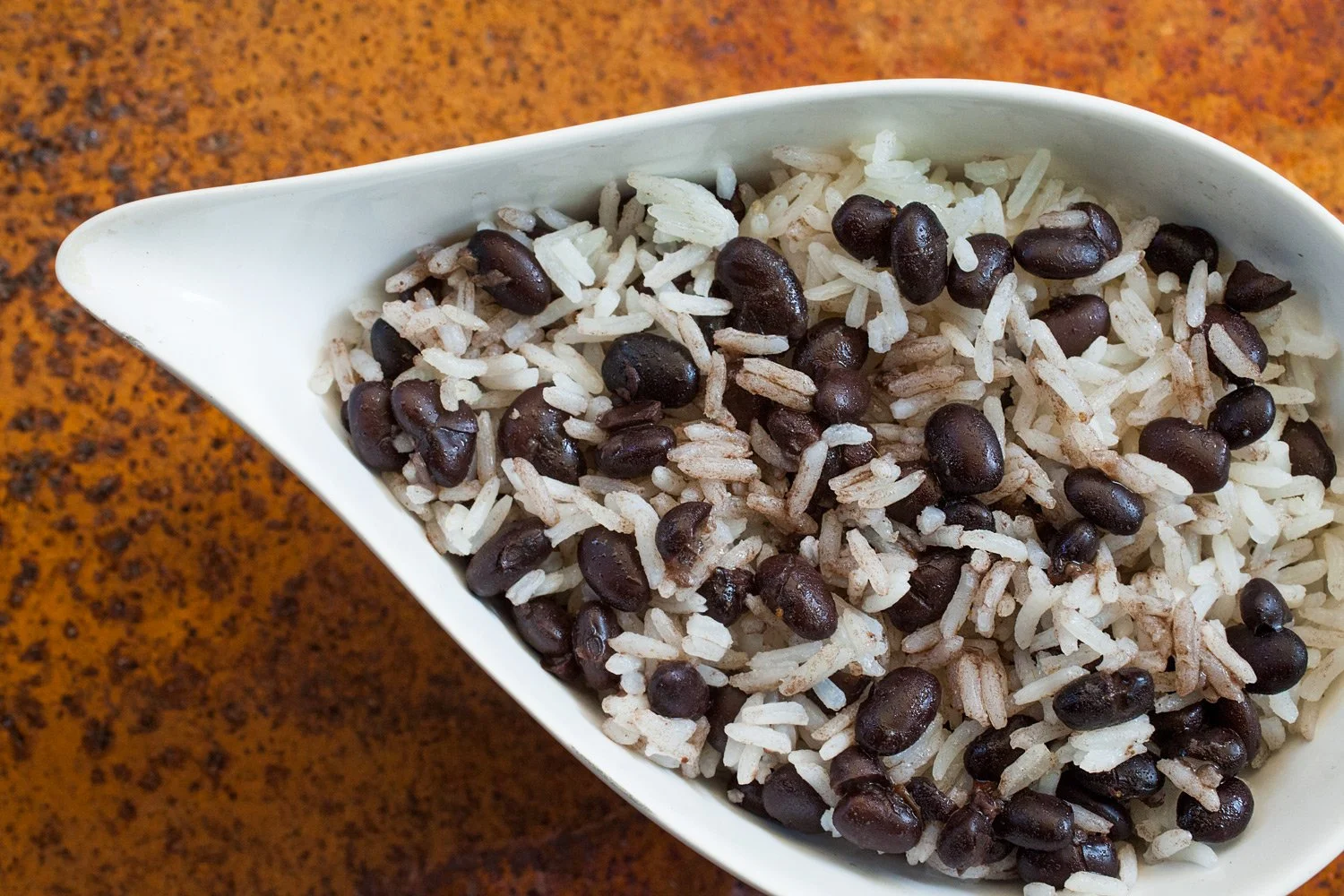Animal vs Plant protein? Does it matter?
Protein is essential for building tissues and muscles in the body. It also is a major source of energy and can be important for immune and hormone production. Questions are often asked, though, is it more beneficial to eat protein from animal sources over plant sources. Many have said that animal sources are more beneficial, but is this true?
Animal sources contain all the essential amino acids that are the building blocks for protein. There are 9 essential amino acids that the body requires in the diet, as they cannot be synthesized by the body. Plant sources, however, are usually missing one or more of these essential amino acids.
However, eating a balanced diet with a variety of plant protein sources allows the body to eat complementary proteins. Eating two or more incomplete proteins forms a complete protein, completing the necessary essential amino acids that the body requires.
Some examples of complementary proteins are:
Rice and beans
Dairy and nuts
Also, eating a diet rich in plant-based protein has many benefits. It can be protective against many chronic diseases such as – Type 2 Diabetes, Cardiovascular Disease (CVD), and obesity. It also provides the body with a great source of fiber.
Some great plant-based protein options include:
- Quinoa
- Chickpeas
- Black or Kidney Beans
- Soy
- Kale
There are some risks to eating solely from animal sources or solely from plant sources.
· This can increase risks for cardiovascular disease, cancer, and liver and kidney function
o A diet high in animal protein can put increased stress on the kidneys
o Animal protein causes our body to release more IGF-1, which stimulates cell division and growth in healthy and cancerous cells
o High animal protein intake also leads to higher intakes of saturated fat and cholesterol, leading to an increased risk for CVD
· Plant proteins are not as easily absorbed, so one will need to increase their intake
· Plant proteins also can hinder the absorption of other minerals
· People consuming a diet mostly of plant sources can become deficient in vitamins and minerals, such as Vitamin B12 or iron


